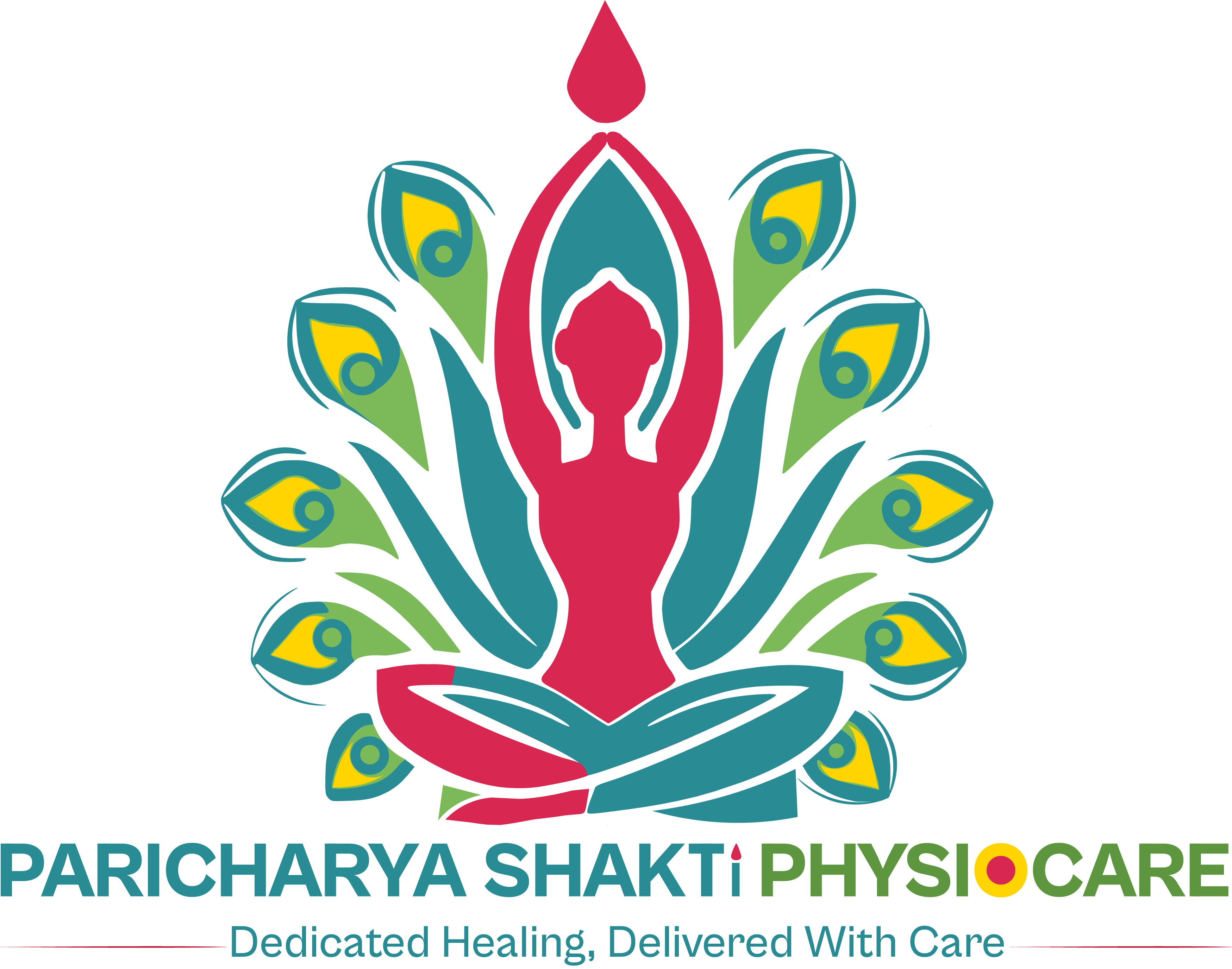As we observe Menopause Awareness Month this October, it’s the perfect time to dive deeper into what menopause is and explore how it connects to one of the body’s key defense mechanisms—inflammation. Let’s uncover how hormonal changes during menopause can influence inflammation and impact overall health.
What is Menopause?
Menopause is a natural biological process that signifies the end of a woman’s menstrual cycles and fertility. It typically occurs between the ages of 45 and 55, though it can happen earlier or later. Menopause is officially diagnosed when a woman goes 12 consecutive months without a menstrual period.
During this phase, estrogen levels begin to decline, triggering various physical and emotional symptoms. While menopause is a natural part of aging, it often comes with challenges like hot flashes, mood swings, and weight gain. One important but lesser-known aspect of menopause is how it affects inflammation in the body.
The Role of Estrogen in Inflammation
Estrogen, the hormone that regulates many functions in the female body, also plays a critical role in controlling inflammation. It has anti-inflammatory properties that help modulate the immune system’s response, ensuring that inflammation remains at healthy levels. As women approach menopause, their estrogen levels begin to decline, leading to an imbalance in the body’s inflammatory response.
Without sufficient estrogen, the body is more prone to increased inflammation, which can trigger or worsen various symptoms, such as joint pain, hot flashes, mood swings, and fatigue. Additionally, this rise in inflammation is linked to more serious health conditions, such as cardiovascular disease, osteoporosis, and insulin resistance, which are more prevalent in postmenopausal women.
Common Inflammatory Symptoms During Menopause
- Joint Pain and Stiffness
Many women experience joint pain and stiffness during menopause, often referred to as “menopausal arthritis.” This is largely due to the inflammation that arises from hormonal changes. Lower estrogen levels result in decreased protection against inflammatory chemicals in the body, leading to swelling, discomfort, and pain in the joints. - Fatigue and Brain Fog
Chronic inflammation can also affect the brain and energy levels. Women may find themselves feeling more fatigued or struggling with brain fog as their body fights to regulate inflammation. This persistent low-level inflammation can wear the body down, leading to mental and physical exhaustion. - Hot Flashes and Night Sweats
While hot flashes are primarily triggered by hormonal fluctuations, inflammation can intensify these symptoms. Inflammatory markers in the body are linked to the severity and frequency of hot flashes, making inflammation a key player in this disruptive menopausal symptom.
Inflammation-Related Health Risks After Menopause
Beyond the day-to-day symptoms, chronic inflammation during menopause can increase the risk of several long-term health conditions:
- Heart Disease
Estrogen helps to protect the heart by reducing inflammation and maintaining the elasticity of blood vessels. As estrogen levels drop, the risk of cardiovascular disease increases due to inflammation in the blood vessels, leading to hardening and narrowing of the arteries (atherosclerosis). - Osteoporosis
Inflammation contributes to bone loss by increasing the activity of osteoclasts, the cells responsible for breaking down bone tissue. Combined with the decline in estrogen, which helps preserve bone density, inflammation can lead to osteoporosis, a condition where bones become weak and brittle. - Metabolic Syndrome and Weight Gain
Inflammation is also linked to metabolic syndrome, a cluster of conditions that increase the risk of diabetes, stroke, and heart disease. Women going through menopause may notice weight gain, particularly around the abdomen, as inflammation disrupts insulin sensitivity and metabolism.
Managing Inflammation During Menopause
While the rise in inflammation during menopause is a natural response to hormonal changes, there are several ways to manage and reduce its effects:
- Anti-Inflammatory Diet
A diet rich in anti-inflammatory foods can help manage inflammation. Focus on whole foods such as leafy greens, berries, nuts, seeds, and whole grains. Avoid processed foods, sugary drinks, and excess saturated fats, which can trigger inflammatory responses. - Regular Physical Activity
Exercise has been shown to reduce inflammation and improve overall health. Low-impact activities like walking, yoga, Pilates, and swimming are particularly beneficial for joint health and help in managing weight, which can reduce inflammation. - Stress Management
Chronic stress increases the body’s production of cortisol, a hormone that can exacerbate inflammation. Incorporating relaxation techniques like meditation, deep breathing, and mindfulness can lower stress levels and reduce the inflammatory response. - Sleep Hygiene
Poor sleep is closely linked to higher levels of inflammation. Menopausal women may struggle with sleep due to night sweats or insomnia, but practicing good sleep hygiene—such as maintaining a regular sleep schedule and creating a restful environment—can help. - Hormone Replacement Therapy (HRT)
For some women, hormone replacement therapy (HRT) may be an option to alleviate menopausal symptoms and reduce inflammation. By restoring estrogen levels, HRT can help protect against inflammation-related issues like joint pain and cardiovascular risk, though it is essential to discuss with a healthcare provider if HRT is appropriate.
Conclusion
The relationship between menopause and inflammation is complex but significant. As estrogen levels decline, the body becomes more vulnerable to inflammation, which can lead to uncomfortable symptoms and increase the risk of chronic diseases. However, through lifestyle modifications such as diet, exercise, stress management, and sleep, women can mitigate the effects of inflammation and maintain their health during and after menopause.
By understanding the link between menopause and inflammation, women can take proactive steps to support their bodies through this natural transition, leading to better health outcomes and improved quality of life.
25 October,2024 by Dr.Vandana Prakash(PT)
